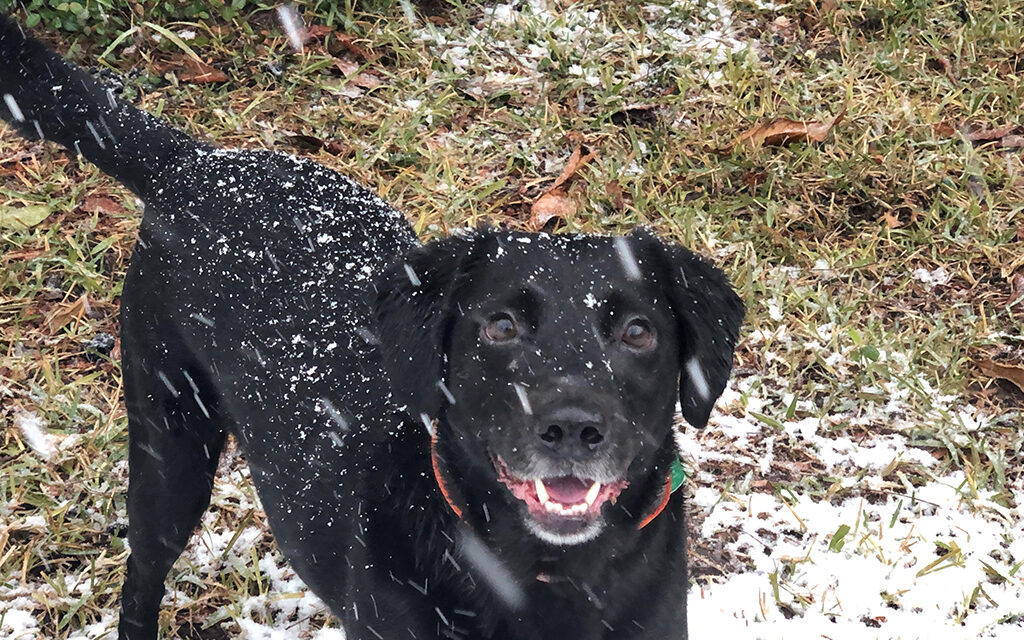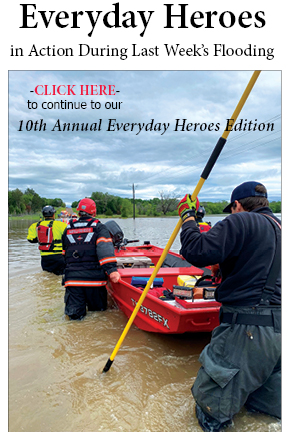by John Jefferson
Well, it wasn’t quite “brass monkey” cold, nor even “Buffalo cold,” but it got about as cold as it’s ever been in December in Texas.
At least we didn’t have precipitation. The sun appeared several days since our Christmas Eve Freeze and Faucet- drip Festival. Questions are being asked about how the sudden freeze affected fish and wildlife.
There haven’t been any reports yet of wildlife dying from the cold. It’s too early for new fawns, but late fawns born in September or October could have some rough times. The does were possibly still a little stressed from the long, hot summer. September rains helped provide sufficient nourishment for does and their new borns, however.
But late year fawns almost always have rough times. Temperatures down into the teens probably nipped a lot of fall forbs, creating a food shortage across the deer range.
I called the Y.O. Ranch where I led photo safari workshops for 15 years when the Schreiner family owned it. I wanted to see if any of the wildlife had succumbed from the cold. Lisa Watson answered and was very cordial.
According to her, there was no loss of wildlife, native or exotic. With no precipitation to cover the vegetation and a steady supply of supplemental feeding, the critters came through alright.
I also talked to friends in Coastal and Inland Fisheries at TPWD. Craig Bonds is the Inland Fisheries director and told me he had received no reports of fish kills resulting from the severe temperatures.
“Typically, freshwater fishes are resilient to cold spells,” Bonds said, “with the exception of non-native tilapia.” One of the reasons for Texas popular fishing comes from the fact that TPWD operates a well-functioning hatchery system. Bonds said his diligent staff had prepared for the freeze. The only damage was to water pipes at the Possum Kingdom hatchery. They should be repaired soon.
The fisheries director pointed to Winter Storm Uri in 2021 and reminded me that multiple ShareLunkers were caught right after the storm. He added that a cold spell in December is less disturbing than one later in March or April when bass are trying to spawn.
First reports from Coastal Fisheries Director, Robin Riechers, stated that the fish kill was small, compared to other recent ones. I asked him to follow up if he received more information.
A subsequent report from him said fish kills remained light, and most involved forage fish.
I asked why since it had been so much colder?
Riechers said it was just his opinion, but it involved two happenings. First, there were intermittent temperatures above freezing during the entire event. It didn’t stay at fifteen degrees. Secondly, there was cold weather four or five days before this latest front. That could have started the fish moving to deeper water.
Makes sense to me.
Many sea turtles were cold-stuuned. U.S. Fish and Wildlife Service, TPWD, and dedicated volunteers helped, and all turtles have been returned to the Gulf.
It could’ve been a lot worse.
JJ





